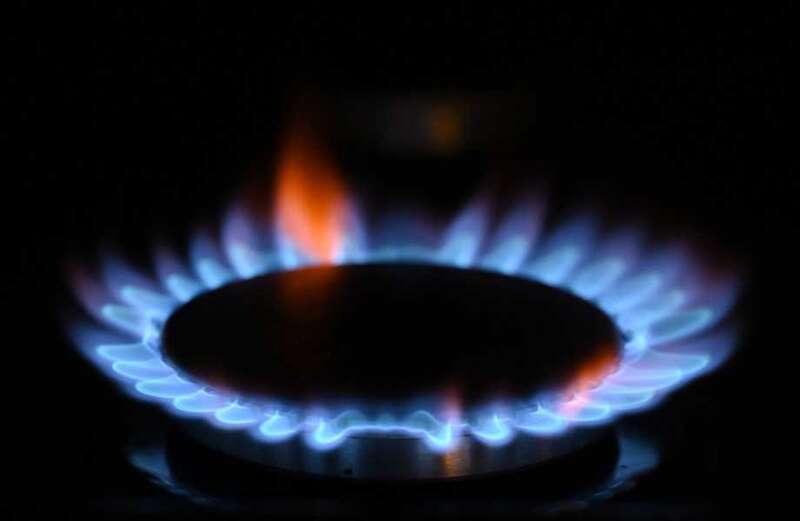A FIFTH of households will “struggle to afford their energy bills” after the regulator confirmed a £500 rise from April.
Ofgem announced yesterday an annual average price cap of £3,280.

That is £1,000 lower than the previous cap as wholesale energy prices have fallen sharply in recent months.
But it has still not dropped to the level of before Russia’s invasion of Ukraine a year ago.
Ofgem boss Jonathan Brearley said there were signs “some of the immense pressures” in energy markets were starting to ease and that bills should fall “significantly lower”.
 From tongue scraping to saying no, here are 12 health trends to try in 2023
From tongue scraping to saying no, here are 12 health trends to try in 2023
However, bills will still go up by £500 in the short term.
Under the Government’s Energy Price Guarantee, a typical household is currently paying £2,500 a year.
But the Chancellor has said the EPG will become less generous from April, meaning homes will typically pay £3,000.
Mr Brearley said it was still “a very tough time” and ministers should examine “with urgency the feasibility of a social tariff” to support the most vulnerable.
The Citizens Advice Bureau has said the increase in April would “spell catastrophe for millions of households”.
It added: “Unless the Government changes course on planned reductions to the level of support . . . we estimate the number of people unable to afford their bills will double, from one in ten to one in five.”
According to Interactive Investor, the poorest ten per cent of households will spend over a quarter of their budget on energy from April.
The Institute for Fiscal Studies said extending the support for households and businesses is affordable and would cost the Treasury around £2.7billion.
IFS director Paul Johnson said it was a “very straightforward thing for them to do”.
And it prompted calls for the Government to cut taxes to boost growth.
 How to de-clutter if you have a beauty stash to last you a lifetime
How to de-clutter if you have a beauty stash to last you a lifetime
Tory MP John Redwood said: “Cut the right tax rates and you will get more tax revenue anyway.”



































